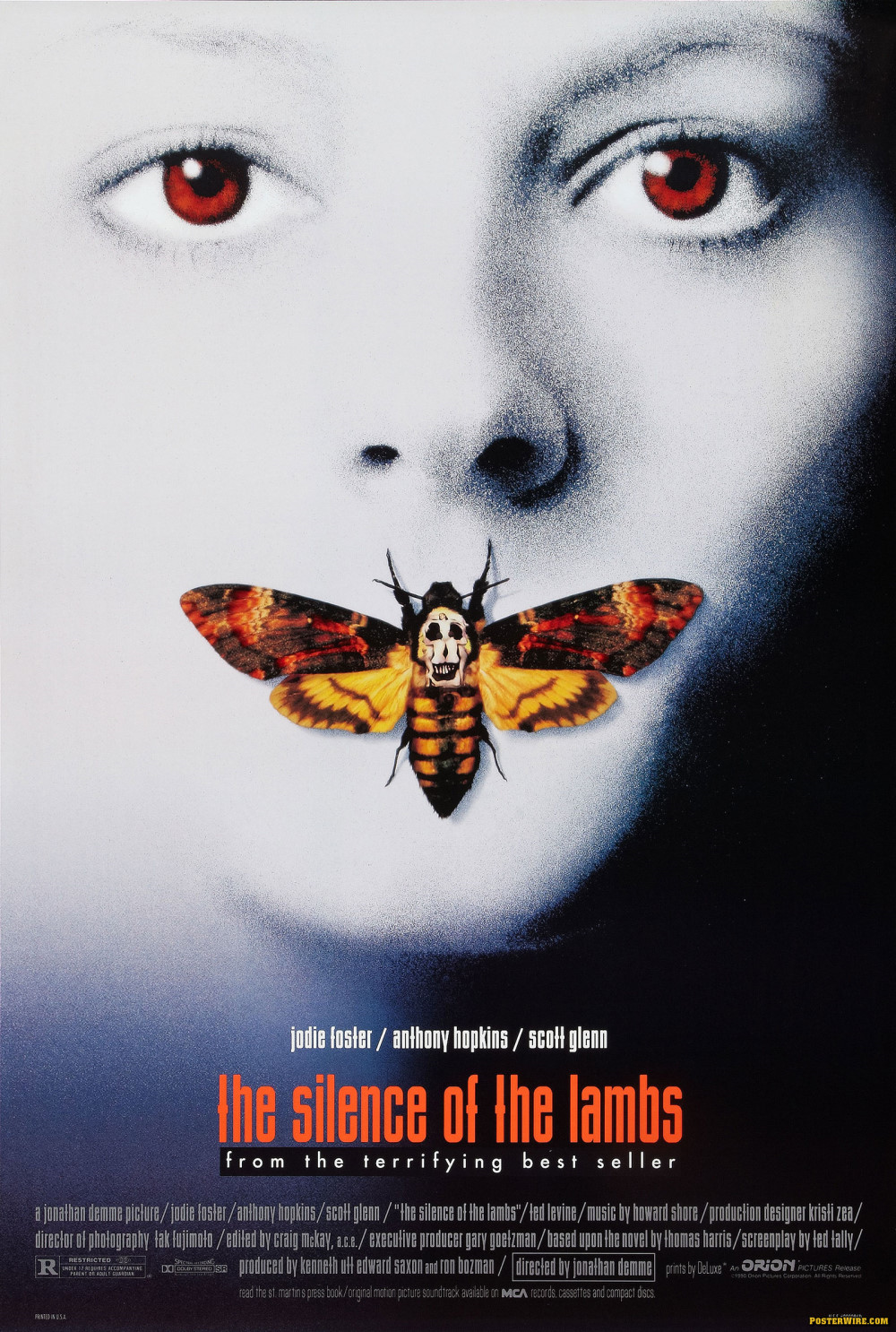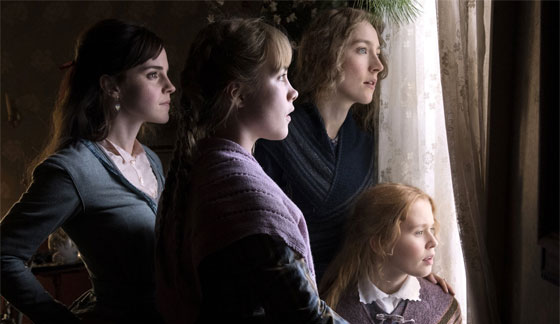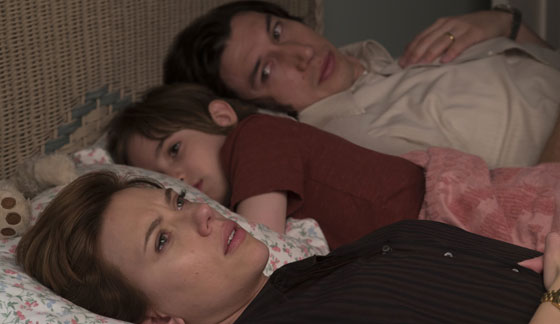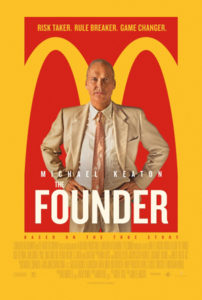Starring: Saoirse Ronan, Florence Pugh, Emma Watson, Laura Dern, Timothee Chalamet, Eliza Scanlen
Directed By: Greta Gerwig
Rated: PG
Running Time: 135mins
Sony Pictures
Little Women has been adapted to the screen a dozen times, so approaching it hot off of her acclaimed Lady Bird, it appears writer-director Greta Gerwig decided to adhere to its own Amy March’s strict standards: “to be great or nothing” Which is to say, Gerwig’s telling is pretty great. Emphasis on the pretty. Her ensemble cast, lead by Lady Bird alum Saoirse Ronan and Florence Pugh (“Midsommar”), brings a fresh take to Louisa May Alcott’s iconic characters amidst an absolutely gorgeously mounted production. This adaptation of Alcott’s tale of a quartet of sisters finding their way in Civil War era New England feels both classic and vividly relevant to today.
Full disclosure time–I haven’t read Alcott’s novel. Like many kids of the 90s my introduction to the March family was with 1994’s release starring Winona Ryder and Christian Bale. It so fit into 90s cozy family fare that it came to vhs in one of those big puffy plastic boxes like Disney cartoons. This isn’t a slight against it, I love that version. But it did make me wary that I would be plodding through some well worn territory. Happily, Ms Gerwig flips the script by shirking a linear adaptation. Instead we follow our heroine Jo March (Ronan) from the point at which she’s already pitching her life story at a New York publisher, and then we go winding back and forth through her adolescence in New England. This approach gives the tales of the March’s idyllic family history a warm veneer of nostalgia, which actually feels a more honest way to see it.
Additionally, with Jo as our primary entry point into Marches, Gerwig’s update places a greater emphasis on the sisterly bonds than their romantic entanglements. Timothee Chalamet does well as Laurie–taking over from Bale as the mischievous neighbor boy who pursues both Jo and eventually Amy (Pugh)–but for this 2019 version, he rightly takes a back seat in screen time to, for example, Jo’s bond with her ailing sister Beth (Scanlen).
This treatment especially benefits the oft-maligned Amy March. In 1994 the duties of the youngest March were shared between a very childish Kirsten Dunst and a very cold Samantha Mathis but here Florence Pugh effortlessly takes her from tween to adulthood. Pugh is having an amazing year, from her breakthrough leading role in Fighting with My Family to a wrenching performance in Ari Aster’s Midsommar, she is exhibiting an incredible range that she flexes even more as Amy. In this non-linear telling, Amy has the advantage of being introduced not as a clingy youngest sibling, but as the aspiring artist studying in Paris. Her childhood crimes (which are numerous and feature Pugh for the second time this year participating in arson) are more readily forgiven through an adult lens whereas when they were previously presented in “real time”, she was a little monster. Meanwhile, though Pugh is given aging assistance via wardrobe decisions and some well-deployed bangs, it is her performance, her entire bearing and pitch of her voice that fully sells Amy’s growth. It’s a special performance that I am hoping will be recognized this awards season since, if Hereditary’s snubbing last year is any indication, Academy voters might not have the stomach for Midsommar. But I digress.
Supporting all these sparkling performances, Gerwig’s production radiates warmth and beauty. She gives us a screenplay that lets the March clan talk all over each other like a living, breathing family, costumes and settings that frequently look like they could be paintings and underscores it all with yet another winning score from Alexandre Desplat (“The Shape of Water”). It is a lovely holiday gift of a film.





